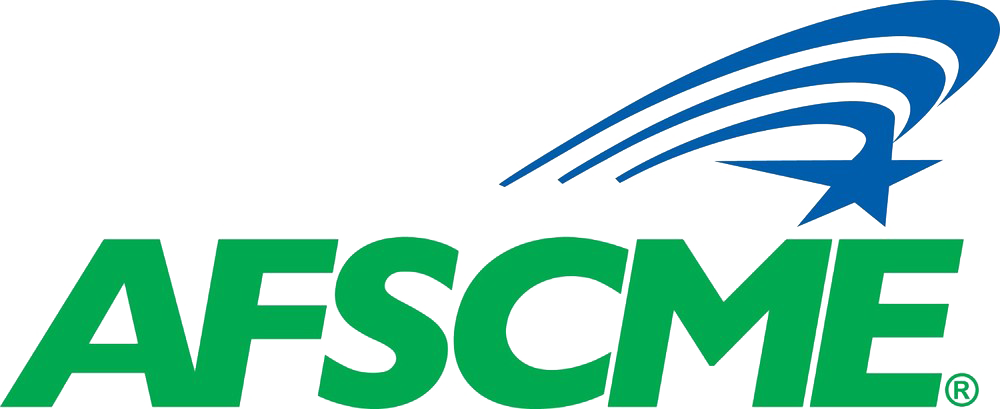Megha Desai is a public defender in Multnomah County, Oregon. In a given week, she might work upwards of 60 hours. Right now, she has about 145 open cases.
“It's like a conveyor belt. Every day you work on your assigned cases, new ones roll in,” said Desai, a member of Local 2805 (Council 75). “There's a joke in the office: If you don't come in on the weekends, you’re screwed for the next week.”
The first weekend of April was an exception: It was her wedding.
Despite the staggering caseload, nearly three years after she started in the public defender’s office, Desai remains committed to its mission and to her clients, many of whom are affected by mental illness, homelessness or addiction.
But that dedication carries a price tag. Desai is struggling to pay off her six-figure student loan debt. She relied on the federal Public Service Loan Forgiveness program to help her financially, but PSLF is sorely in need of repair.
“I love my job as a public defender and I take the responsibility very, very seriously. It's my honor to be able to do this job,” said Desai. “My clients deserve more than a fair court and adequate counsel. They deserve effective counsel.”
Beyond her caseload, though, Desai faces another hurdle: paying off $155,000 in loans for her undergraduate, graduate and law school educations.
Desai and many others like her chose careers in public service because they believed in serving their communities. In Desai’s case, becoming a public defender means she earns about half of what she would earn as a lawyer in the private sector.
Her career path was made possible, in part, by PSLF, which was created with bipartisan support in 2007 under President George W. Bush to encourage talented professionals like Desai to pursue careers in public service. The promise of PSLF was simple: after 10 years of work in public service, your student loans would be forgiven.
For Desai, who learned about PSLF when she was about to graduate from the University of Wisconsin’s law school, it meant she could fulfill her career goal without shouldering a lifetime of debt.
However, the promise made to Desai and others is broken. Just over two years after the first applicants of the PSLF became eligible for loan forgiveness, 99% of processed applications for forgiveness have been rejected. Applicants face what Sens. Kirsten Gillibrand of New York and Tim Kaine of Virginia call a bureaucratic nightmare.
In introducing their bill, the “What You Can Do for Your Country Act of 2019,” to fix PSLF, the senators describe the barriers public service workers face in trying to use the program:
“Flawed implementation of the PSLF program by the U.S. Department of Education and numerous loopholes (have) resulted in … millions … (being) denied forgiveness due to clerical errors, servicing failures, having the wrong type of federal loan, or inadvertently enrolling in the wrong federal repayment plan.”
Mismanagement by the Education Department, led by Secretary Betsy DeVos, has led to a maddening scenario in which the rug is being pulled out from under dedicated public service workers like Megha Desai, whose future hangs in the balance.
In a statement, AFSCME President Lee Saunders endorsed the Gillibrand-Kaine bill, saying it would “make eligibility requirements transparent, streamline the application process and close loopholes to give public service workers and their families a fair chance to get ahead. No one should have to take on crippling student loan debt to gain access to the opportunities that come with higher education."
Where does that leave AFSCME members like Desai?
She remains committed to her clients, who, without skilled representation, might stay stuck in the legal system rather than receiving the treatment and services they often need.
“It’s really a vulnerable population. We see ourselves as the only people fighting in the system to push for fairness,” said Desai, who planned to continue in the public defender’s office even after her loans had been forgiven, working to improve the criminal justice system.
Now, though, the broken promise of PSLF leaves Desai’s financial future, and the futures of so many other public service workers, in jeopardy. PSLF needs to be fixed to allow people like Desai continue to make their communities safer, stronger and healthier.

